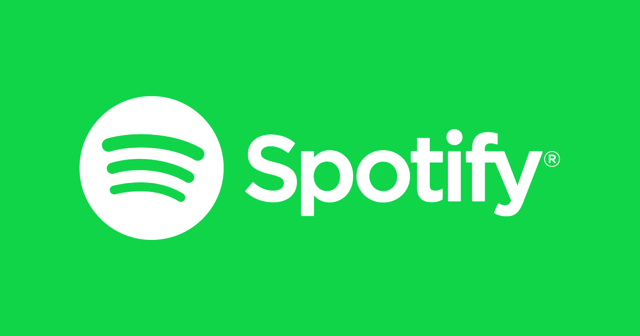Spotify is offering some managers and indie music acts a new arrangement: Management firms can receive “several hundred thousand dollars” as an advance fee for licensing “a certain number of tracks” of their indie artists directly to Spotify. In addition, in some cases, the managers and acts will earn 50 percent of the revenue of those songs per stream. In comparison, major-label artists and their management teams usually get 20 percent to 50 percent of the label’s share and don’t own their master recordings.
In an exclusive report, Billboard states that the arrangement doesn’t mean “Spotify is now operating as a record label,” because the company “isn’t buying the copyrights that form the core of labels’ businesses, and the advances Spotify is offering are significantly smaller than the $1 million-plus sums that labels and independent distributors have been dangling lately to sign promising new acts.”
But Spotify’s terms are “still attractive,” because it also lets managers and their indie acts “license the same works to other platforms under separate agreements, while retaining full revenue from any such outside deals.”
That is a better deal than independent distributors that “often require that their signees share with them a percentage of the total gross revenue generated across all services by a single or album.”
Sources say that, “Spotify has cautioned the [indie] artists not to say they are ‘signed’ to the service.” With these deals, Spotify pays a “slightly lower share of revenue to the artist than they would to a major record label, while the artist receives much more per stream than he or she would if signed to a major.”
The direct deals benefit Spotify by enabling it to “reduce its costs, which have significantly outstripped revenues to date.” In 2017, the company “lost $470 million … on $4.7 billion in revenue.”
Spotify’s deals are, however, limited: the company’s “current licensing agreements with the major record labels explicitly prevent the streaming company from competing in a substantial or meaningful way with labels’ main businesses,” although “what qualifies as meaningful competition” has not yet been defined.
One major-label source said that “signing an established superstar artist could be a violation, depending on the deal terms, given the degree of competitive threat.” SiriusXM has also inked direct deals with indie labels, and, in the year it launched, Apple Music “signed a number of high-profile, short-term exclusive deals with artists from Drake to Chance the Rapper to Frank Ocean,” but then “pulled back on such exclusives as labels have increasingly opted to maximize exposure for their new releases across all services in their first weeks on the market.”


No Comments Yet
You can be the first to comment!
Sorry, comments for this entry are closed at this time.